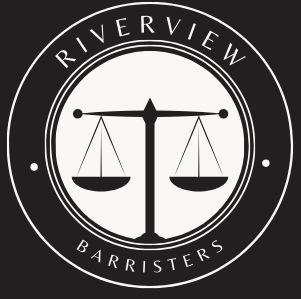With generous tax incentives for foreign investment, the Philippines legal market should flourish. Asia Business Law Journal’s A-List is determined through extensive research and nominations from in-house counsel around the globe as well as Philippines-focused partners at international law firms.
Menardo Guevarra heads the Solicitor General’s Office as head of provincial and city fiscals (prosecutors) and attorneys and has numerous duties within his sphere of responsibility.
How many lawyer in the philippines?
Philippine’s legal market has become more sophisticated over time due to foreign investment and globalisation-induced growth of in-house teams. According to recruitment specialist Seet, this trend has resulted in more complex legal work with higher lawyer salaries as a result. Firms also vie to attract top talent with flexible working arrangements and employee counselling programmes in an attempt to retain it.
An important function of the Office of the Solicitor General is representing the Government or any officer thereof acting on its behalf in international litigations, negotiations or conferences requiring legal arguments on behalf of the Republic to defend or present. This role demands extensive expertise as well as empathy in understanding each client’s specific challenges.
How many lawyer in the philippines are registered?
No matter if it’s to ensure the legitimacy of a law firm in the Philippines or to ensure they’re licensed, there are several methods you can take. Check their registration with the Integrated Bar of the Philippines (IBP), verify credentials with the Supreme Court, or gather references and testimonials on them to assess them accordingly.
To become a lawyer in the Philippines, one must successfully pass both the PhiLSAT and Law School Entrance Examination before studying law for four years. Becoming a lawyer requires hard work and dedication; therefore it’s crucial that you find a reputable law firm. Furthermore, verify their certification via either IBP databases or by checking with local attorneys directly – additionally it would be wise to ask for their IBP ID card which must be updated annually.
How many lawyer in the philippines are practicing?
There are approximately 40,000 attorneys registered with the Integrated Bar of the Philippines. This equates to one attorney per 2,500 Filipinos; this ratio is considerably lower compared to other countries where lawyers represent over one of every 4,000 residents.
To become a lawyer in the Philippines, one must first earn their Bachelor’s degree – this should take about four years – then attend law school for four more years in preparation for taking the bar exam.
The Philippines is an ideal location for businesses seeking to establish operations in Asia. The country provides a friendly and liberal investment environment across multiple sectors such as real estate, shipbuilding, renewable energy, tourism and business process outsourcing. Furthermore, it boasts an established infrastructure as well as highly qualified labor. Furthermore, public-private partnerships in road building projects, dam building and airport construction are encouraged while several special economic zones exist with tax incentives specifically for investors.
How many lawyer in the philippines are licensed?
In order to become a licensed lawyer in the Philippines, one must first earn a bachelor’s degree before attending law school and taking and passing the Philippine Bar Examination – this could take four years or more!
To practice law in the Philippines, one must also be a national of that nation as it is subject to international law and foreign citizens cannot provide advice regarding matters of national or international law.
Though many Filipinos dream of becoming lawyers, only some achieve this dream. Others go as far as earning a bachelor’s degree to fulfill this desire. Unfortunately, however, becoming an attorney does not come without its downsides; some may be put off by the high fees charged and reports of corruption and inefficiency in courts. Therefore it is vitally important that when selecting the ideal law firm for legal issues you use various channels to verify their legitimacy; such as registration with IBP; attorney credentials verification and references/testimonials gathering to help make your choice; selecting an ideal firm makes sense!
